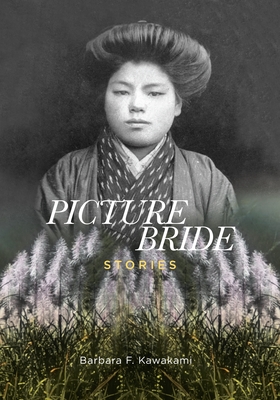
description
on period of plantation laborers from Japan to Hawaii, more than 200,000 Japanese, mostly single men, made the long journey by ship to the Hawaiian Islands. As it became apparent that they would never return to Japan, many of the men sent for brides to join them in their adopted home. More than 20,000 of these "picture brides" immigrated from Japan and Okinawa to Hawaii to marry husbands whom they knew only through photographs exchanged between them or their families. Based on Barbara Kawakami's first-hand interviews with sixteen of these women, Picture Bride Stories is a poignant collection that recounts the diverse circumstances that led them to marry strangers, their voyages to Hawaii, the surprises and trials that they encountered upon arriving, and the lives they led upon settling in a strange new land. Many found hardship, yet persevered and endured the difficult conditions of the sugarcane and pineapple plantations for the sake of their children. As they acclimated to a foreign place and forged new relationships, they overcame challenges and eventually prospered in a better life. The stories of the issei women exemplify the importance of friendships and familial networks in coping with poverty and economic security. Although these remarkable women are gone, their legacy lives on in their children, grandchildren, and succeeding generations. In addition to the oral histories--the result of forty years of interviews--the author provides substantial background on marriage customs and labor practices on the plantations.
member goods
No member items were found under this heading.
listens & views

STRING QUARTETS 13 & 14 ...
by SCHUBERT / WIHAN QUARTET / SCHULMEISTER / KASPRIK
COMPACT DISC$19.25
Return Policy
All sales are final
Shipping
No special shipping considerations available.
Shipping fees determined at checkout.






